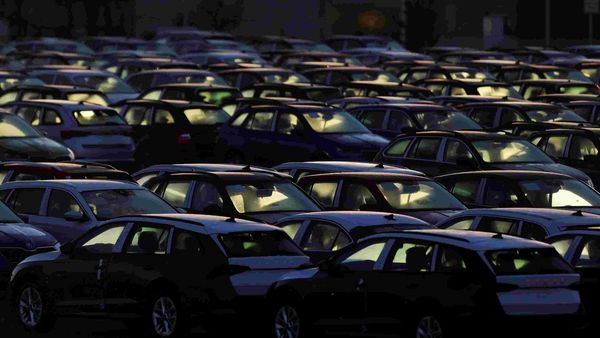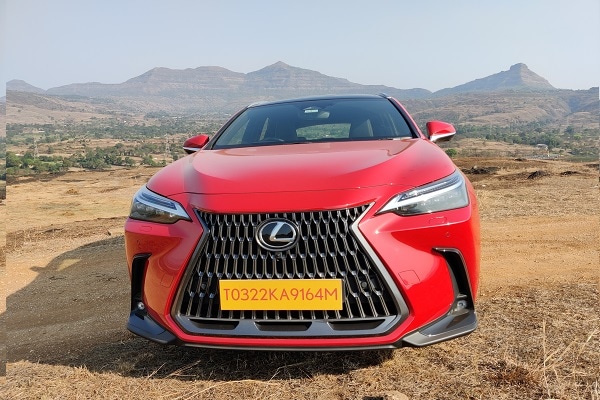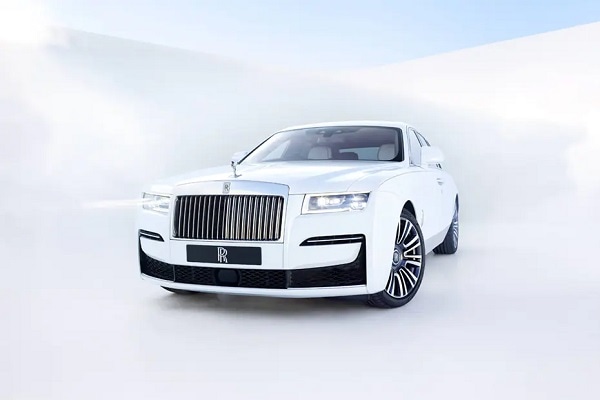EU plans tight car CO2 limits under green finance rules


Car manufacturers will need to meet tight emissions limits for their activities to be classed as a sustainable investment under proposed European Union rules, which the auto industry said could undermine investment in the sector's green transition.
Under green finance rules that kick in at the end of 2021, the EU will define which investments can be marketed as "sustainable" based on criteria that they make a "substantial contribution" to tackling or adapting to climate change.
Also check these Cars
The EU aims to force providers of financial products to disclose which investments meet these criteria to avoid "greenwashing", or presenting a product as environmentally friendly even when it falls short, and steer private investment into low-carbon projects.
Also Read : How Europe is shifting to electric vehicles faster with subsidies, bans
The European Commission published proposals for the rules on Friday, opening them to public feedback before finalising them this year.
Under the rules, car manufacturing would only count as a "sustainable" investment for vehicles that emit less than 50g of CO2 per km. This would apply to passenger vehicles and freight vehicles that weigh less than 3.5 tonnes.


From 2026, only zero-emissions vehicles in these categories would be classed as a sustainable, meaning hybrid vehicles would lose their "green" label.
The limits are lower than current EU targets for new cars - an average of 95g CO2/km - which carmakers must meet to avoid paying fines.
Industry lobby group the European Automobile Manufacturers' Association said the green finance rules could leave carmakers struggling to raise funds needed to clean up their fleets.
Also Read : Europe's mix of shoves and sweeteners hastens electric car shift
"The automotive sector is worried that the regulation might instead deter investors at the very time when it needs additional funding to transition towards cleaner solutions," a spokesperson for the group said.
Europe's CO2 emissions from transport are higher than they were in 1990. This trend needs to change for the EU to meet its economy-wide target to have net zero emissions by 2050.
Transport produces roughly 30% of total EU CO2 emissions, with about three quarters coming from road transport.
Carmakers in Europe are adding zero-emission vehicles to their model lineups. Peugeot maker PSA Group's Chief Executive Carlos Tavares has said the company will no longer invest in internal combustion engines.
Zero-emission battery-electric car sales jumped 71.2% in the first three quarters of 2020 in the EU, but still only made up 4% of new vehicle sales.








 40 kWh
40 kWh 150 Km
150 Km
 3996.0 cc
3996.0 cc Petrol
Petrol














